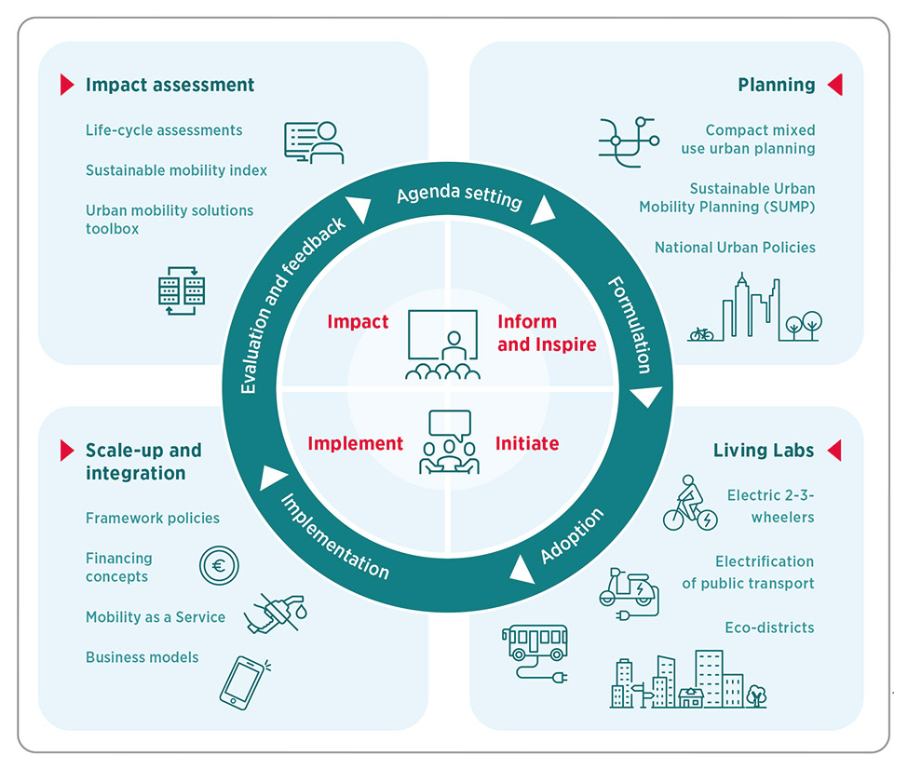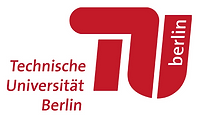2022
Prof. Dr. Oliver Lah, Dr. Jakub Galuszka, Parichehr Scharifi, Ari Maximiliano Rizian, Edmund Teko
Urban Living Lab Center
The Urban Living Lab Center is the first Collaborating Center of the United Nations Human Settlements Programme (UN-Habitat). It is co-hosted by Massachusetts Institute of Technology (MIT), the Technische Universität Berlin (Technical University of Berlin, TUB), the Wuppertal Institute, and regional partner universities and network partners. One pillar of the Urban Living Lab Center is embedded at the Habitat Unit, TUB through TRANSSAFE, SOLUTIONSplus and SESA projects.
The focus of research at the UN-Habitat Collaborating Center is on sustainable urban development – especially with regard to urban mobility, energy, and sector coupling. In close cooperation with regional and thematic hubs, the researchers work with key stakeholders to test measures that are economically viable, socially inclusive, resource-efficient, and make an active contribution to climate protection. The focus of the work is the joint development of an academic programme that actively supports living labs and helps to build local capacities for implementation. In doing so, the curricula for different levels of education focus on professions that are particularly relevant to climate protection and sustainable development.
To enable transformative change towards sustainable cities, it is vital to go beyond a mere technical perspective on low-carbon technologies and to take a systemic approach. The approach of the Urban Living Lab Center aims to combine local implementation concepts with wider transformation pathways. An integral part of the living-lab approach is the facilitation of close cooperation between decision-makers at the local, regional and national level, civil society, and companies in order to develop innovative solutions that do not only fit into the local context but are also scalable and replicable.
The Collaborating Center’s approach considers cities as socio-technical systems that consist of technologies, regulations, institutional settings, the economic system, interests, influence and power structures, behavioural patterns and social norms. In this context it is important that urban sub-sectors are well integrated, and that solutions are tailored to the specific local economic, technological, social, political and environmental context.

The UN-Habitat Collaborating Center is currently working on projects in Europe, Asia, Africa, and Latin America on topics such as:
- Development of transformation pathways and living labs in the areas of mobility, energy, resources, and urban planning,
- Development of financing solutions and business models for innovative mobility and energy solutions,
- Analysis of the political and institutional framework and facilitating dialogue between stakeholder groups for the joint development of implementation measures,
- Supporting exchange between policymakers at local, regional and national level in order to harmonise policy objectives and measures,
- Establishment of city partnerships to replicate the results from the living labs.



